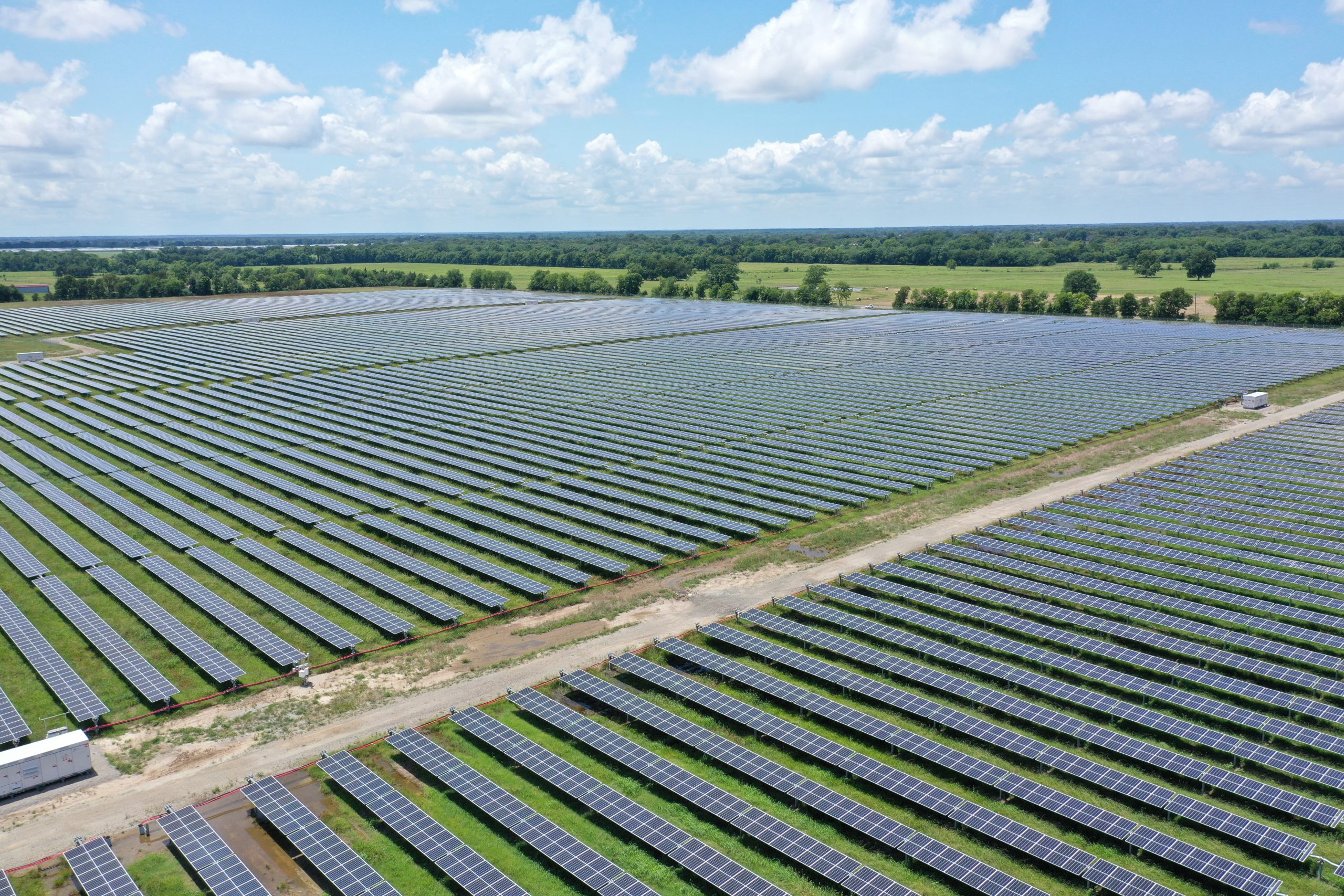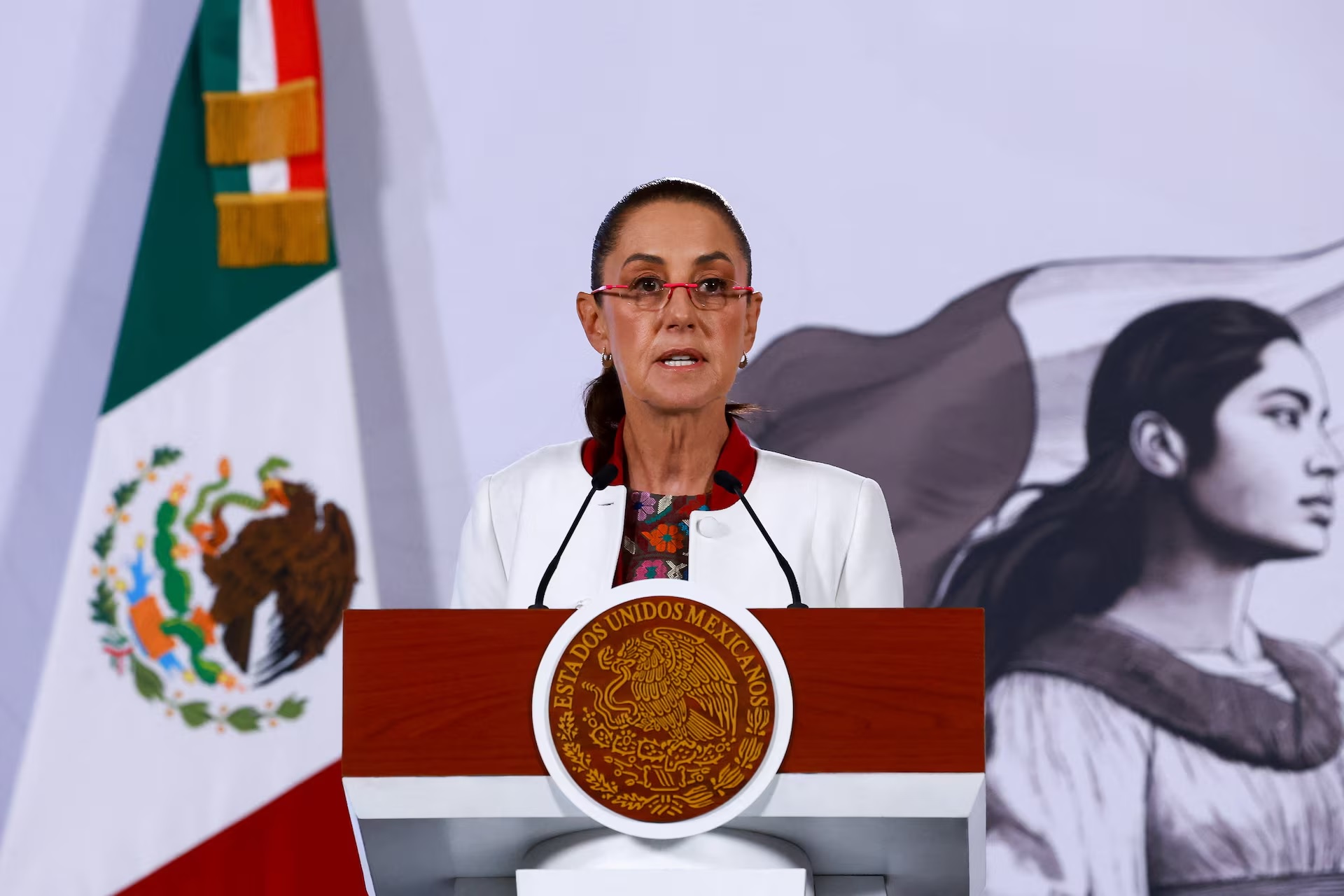U.S. PLANS TO CANCEL $13 BILLION IN GREEN-ENERGY FUNDS, SHIFTING POLICY PRIORITIES


Solar panels are seen in this drone photo at the Impact solar facility in Deport, Texas, U.S., July 15, 2021. REUTERS/Drone Base
Programs in the crosshairs and industry response
The U.S. Energy Department said it intends to cancel more than $13 billion in clean-energy subsidies pledged under the previous administration, signaling a sharp turn toward what officials called “reliability and affordability” over rapid decarbonization. The department did not name every affected program but indicated wind, solar, batteries and EV manufacturing grants are in scope. Industry groups warned the reversal could slow project pipelines, threaten jobs in growth regions and complicate grid-modernization efforts just as AI-driven demand and data centers lift electricity needs. State officials in pro-renewables markets vowed to press ahead with local incentives, while utilities sought clarity on federal tax treatment and interconnection backlogs.
What to watch for next
Legal challenges are likely from developers with conditional awards, and Congress may scrutinize claw-backs where appropriated funds are rescinded. Analysts said the immediate impact will vary: mature wind and solar projects with power-purchase agreements can still pencil out, but early-stage storage and domestic battery plants could face financing gaps. Internationally, the move may bolster China’s cost advantage in clean-tech supply chains unless U.S. policy provides alternative support for manufacturing. The episode underscores the policy whiplash facing energy markets—and the importance of grid upgrades and permitting reform regardless of subsidy levels.




















